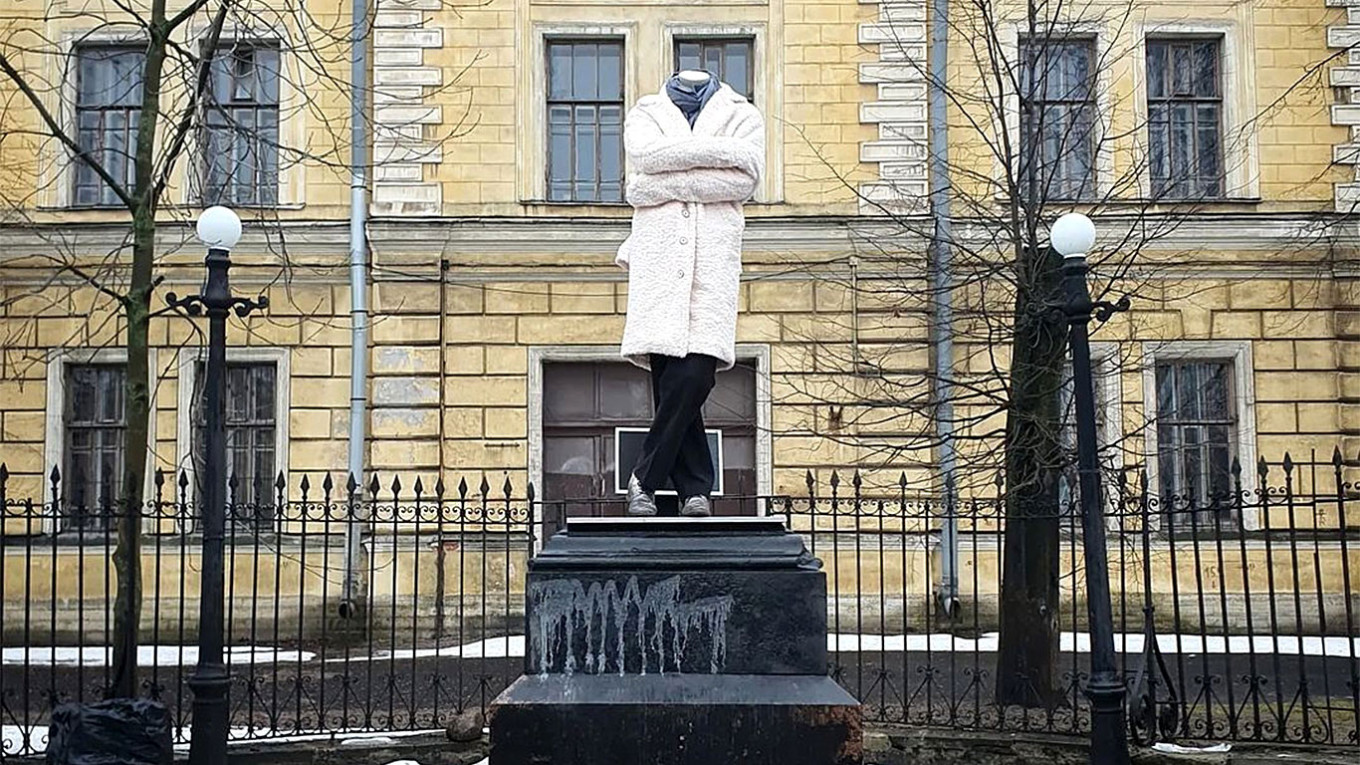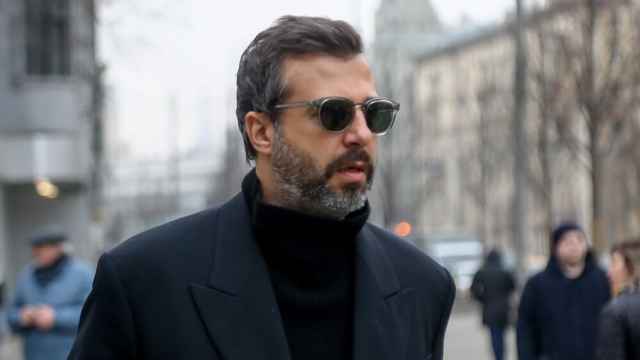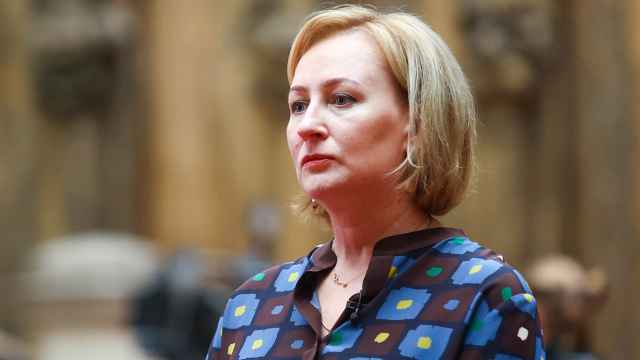Слово года 2023: Word of the Year 2023
In the Before Times I wrote my favorite column of the year in early December, when a group of Russian language fanatics headed by Mikhail Epstein, a linguist and professor of Russian language and literature, would cast their votes for the words that best captured the spirit of the year. Over the course of 12 months the group members would all share their suggestions, and then they’d vote to create short list of the year’s most important words in four categories: слово года (word of the year); выражение года (expression of the year); антиязык (“anti-language,” i.e. the language of hatred, aggression, propaganda and falsehood); and the very witty протологизм (an invented word or phrase). Then a small group of experts would vote for the best of the best in each category.
The result was always four words that captured the year’s zeitgeist. It started in 2007 with гламур (a kind of flashy would-be glamour— remember when everything was гламурный?) and then bumped along over the years through жара (heat); Крымнаш (Crimea is Ours!); Новичок (Novichok); протест (protest); обнуление (zeroing out); and война (war).
What else do you need to understand Russia’s trajectory?
When Russia invaded Ukraine in 2022, the group, appropriately, cut out the jokey category of invented words. This year they have only two main categories: слово года (word of the year) and антиязык (anti-language). But they did include the slyly named спецслово (“special word” — to match the СВО, which is “специальная военная операция” – special military operation).
It is, of course, a grim year. But their word of the year might surprise you as much as it surprised me. Actually, it’s not even a word but initials of two words: ИИ, which stand for искусственный интеллект (AI, artificial intelligence). But I see why: AI is what everyone is working on, investing in and talking about. Технология ИИ облегчит ведение судопроизводства (AI technology will make it easier to conduct litigation). Could be good; could be bad — it depends on how it’s programmed, right?
Run-up words of the year are in more familiar territory. They include words to do with the ongoing war(s): война (war); дрон (drone); погром (pogrom); донос (denunciation); мятеж (mutiny) and specifically мятеж Пригожина (Prigozhin’s mutiny), and, finally, a result of wars: релоканты (“relocators,” a fancy word for emigrants).
An interesting phrase in the list is белое пальто (white coat). In Russian and in Russia this is richly evocative image. It suggests люди в белых халатах (people in white doctor’s coats) that take other people away and put them in a different variety of white coat — the kind with long sleeves that tie around them to hold their arms down. Or it might be the белое пальто of the early post-Soviet period: a sign of wealth and extravagance (you don’t ride the metro in a white coat). And it is often associated with the human rights warrior Valeriya Novodvorskaya, who once said “Вы все дураки, одна я в белом пальто” (You’re all idiots and I’m the only one wearing a white coat). Here the wearer is someone who is certain they are right and everyone else is completely, utterly, hopelessly wrong.
It became a Thing this year when the art group Yav put a manikin on an empty pedestal in St. Petersburg and dressed it in a white coat. The sleeves were tied behind the back like an inmate in a psychiatric hospital, but somehow it was in a pose that telegraphed: Я самый умный и вы все дураки (I’m smart and you’re all idiots).
Needless to say, the art installation was immediately destroyed by the authorities.
The Антиязык word of the year, like the word of the year, was also two words: дискредитация армии (defamation of the army), which in today’s Orwellian Russia is when you tell the absolute truth about the Russian armed forces and are put in jail for it.
Runners-up in this category include фейки (fakes) that are actually true images and information about the war and the government’s actions; and нежелательная организация (undesirable organization), which is an organization that investigates and publicizes “fakes,” that is, the reality that the government wishes to hide. Yet another entry in this category is СВО (abbreviation of специальная военная операция — special military operation), which is, of course, actually an all-out war.
You can see why that headless statue in a white coat on a pedestal in a holier-than-thou stance so annoyed the authorities. What is worse that someone who is right and lords it over you?
This category also includes the word гробовые, something like “coffin money.” In the Before Times it was money put aside by elderly folks to pay for their funerals so that their relatives wouldn’t have to use their savings or borrow money. Now it’s the money families receive when their son, husband or father is killed in the so-called СВО. These days: Гробовые выплаты толкают экономический рост (Funeral payments drive economic growth). Grim.
Two other grim words of the year are кувалда (sledgehammer), what Prigozhin was said to use on “traitors,” and the bizarre деструктология (“destructology”), a strange pseudo-science developed by Roman Silantyev that “identifies” the “destructive” “вызовы, угрожающие жизни, здоровью и благосостоянию людей” (acts threatening life, health and people’s well-being). The reason it’s all in quotation marks is that virtually anything but Orthodox Christianity as practiced in Russia and complete acceptance of every governmental statement and action as absolute truth is labeled “деструктивно” (“destructive”). Silantyev was the court expert who found деструктивность (destructiveness) in the play that has put Yevgenia Berkovich and Svetlana Petriichuk behind bars in pretrial detention.
For some reason Silantyev has not found деструктивность in the national Russian Golden Mask theater awards given to the play.
And the last of the антиязык winners this is year is хорошие русские (good Russians), who, in this year and this context, are the ones who opposed the war and left the country.
Finally, the спецвслово (special word) of 2023? Чудовищно, which means “monstrous.”
And so it is.
A Message from The Moscow Times:
Dear readers,
We are facing unprecedented challenges. Russia's Prosecutor General's Office has designated The Moscow Times as an "undesirable" organization, criminalizing our work and putting our staff at risk of prosecution. This follows our earlier unjust labeling as a "foreign agent."
These actions are direct attempts to silence independent journalism in Russia. The authorities claim our work "discredits the decisions of the Russian leadership." We see things differently: we strive to provide accurate, unbiased reporting on Russia.
We, the journalists of The Moscow Times, refuse to be silenced. But to continue our work, we need your help.
Your support, no matter how small, makes a world of difference. If you can, please support us monthly starting from just $2. It's quick to set up, and every contribution makes a significant impact.
By supporting The Moscow Times, you're defending open, independent journalism in the face of repression. Thank you for standing with us.
Remind me later.







